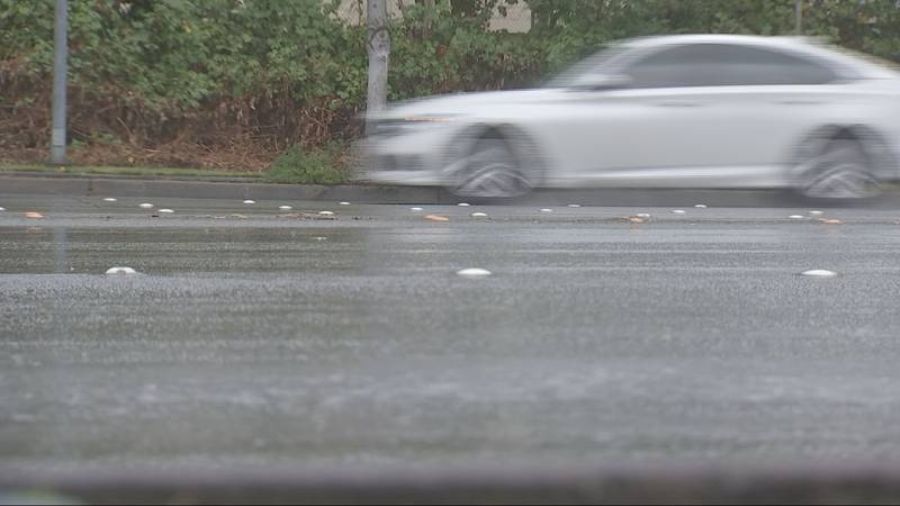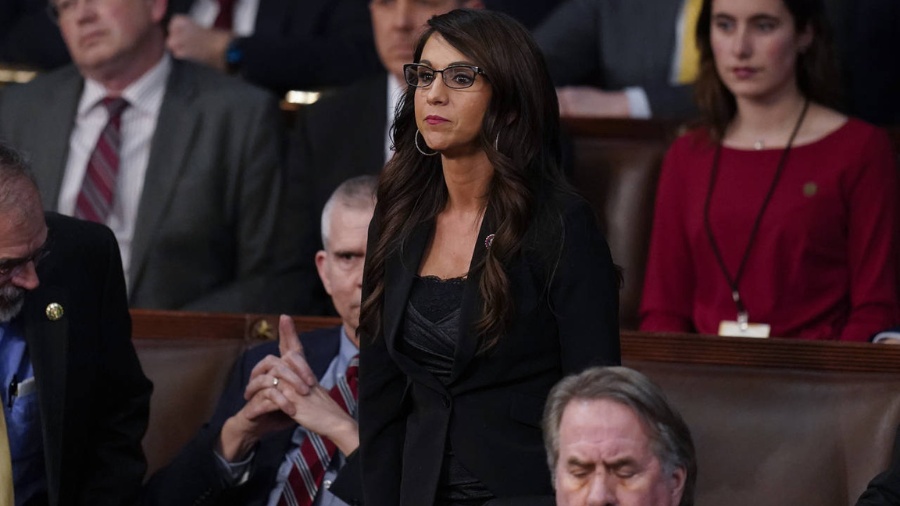Rob McKenna: Mosque closures in France won’t happen in US
Dec 3, 2015, 9:33 AM | Updated: Dec 5, 2015, 9:53 am

Rob McKenna said French authorities have cited multiple reasons for raiding and closing the "radical" mosques, such as finding guns on the premises and being centers for Jihadist activity. (AP)
(AP)
French police have closed three mosques suspected of radicalism since the country declared a state of emergency after last month’s Paris terrorist attacks. France is a free country, not unlike America, and at least one presidential candidate has asked whether that could happen in the U.S.
“That could never happen in the United States with the constitutional protections afforded to religious institutions in practice here,” former State Attorney General Rob McKenna told KIRO Radio’s Dave Ross.
Related: This mass shooting pattern might be the most disturbing
French authorities have cited multiple reasons for raiding and closing the “radical” mosques, such as finding guns on the premises and being centers for Jihadist activity, McKenna said. Al Jazeera has reported that up to 160 mosques that are unlicensed or “preaching hatred” will likely close in the coming months.
What would happen if the Obama Administration raided a series of mosques on similar grounds of radicalism and closed them down?
“That would be in court immediately and I really have a hard time imagining that they would be able to keep those mosques permanently closed under American law,” McKenna said.
Ross said it seemed a church could be shut down if it was discovered that it was storing weapons going to criminals.
“If there were a clear and imminent danger that they could cite that they could shut down a church, a mosque, a synagogue temporarily, in order to remedy that situation, but the idea that they could permanently close a mosque and keep its adherents away — that just couldn’t happen here.”
McKenna said there’s a standard called “strict scrutiny” that is applied to fundamental constitutional rights in the U.S., which includes the free exercise of religion.
“To meet that standard, you have to carry a very heavy burden to show that there’s a fairly overwhelming public interest that trumps that fundamental right,” he said. “Here, it’s hard to imagine that that fundamental interest could last more than a very short period of time. The time required to conduct an investigation, for example. But to permanently close a church or mosque or another other religious facility in our state would be really hard to see.”
McKenna said France has different laws and, even more importantly, a different history in terms of intertwining Church and State.
“They didn’t end the practice of Roman Catholicism being the official state religion of France until about 1905, when they passed the law of the separation of the churches and the state,” he said. “So they just have a very different history there that I think influences the way they approach these issues.”
But what if the U.S. decided to suspend the constitution?
McKenna said American presidents have taken strong actions during times of war, such as Abraham Lincoln suspending the right of Habeas Corpus during the Civil War and Franklin D. Roosevelt ordering the internment of Japanese Americans during World War II.
“In times of war you will sometimes see executive authority exercised when they think there’s a clear and present danger that needs to be addressed,” he said.
While the Supreme Court upheld the Japanese Interment decision, McKenna noted that the court has walked that decision back ever since.
“Protections that would prevent what the French have done in France to happening in the U.S. are stronger than ever before,” he said. “That’s not to say it couldn’t happen temporarily.”














